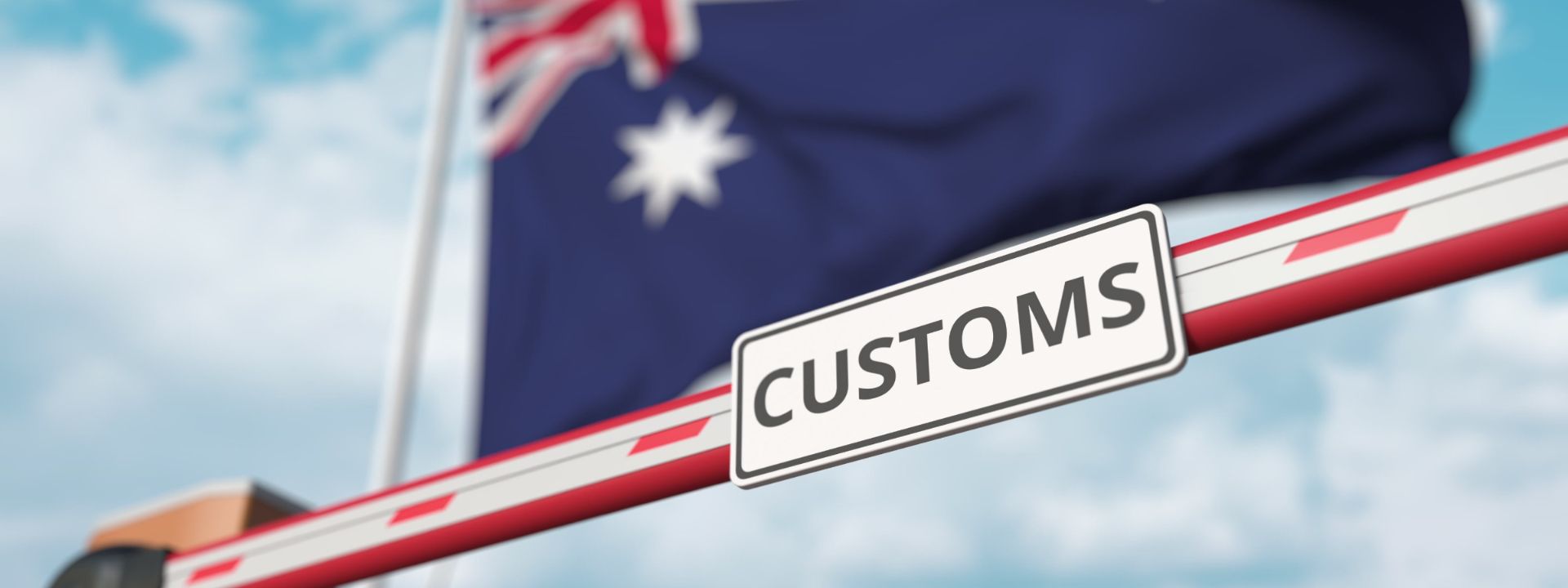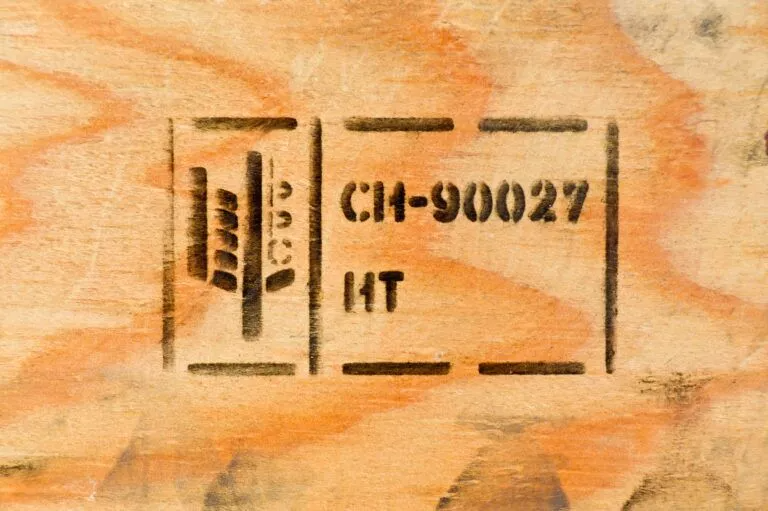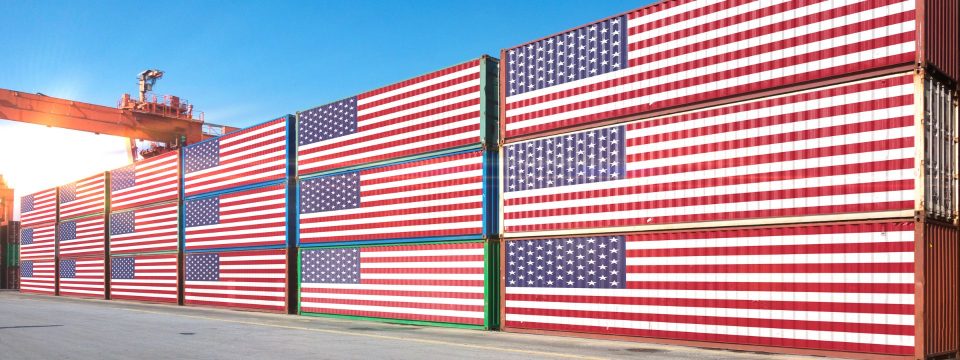The 7 Most Common Issues in Customs Clearance that You Should Know
October 28, 2022 Customs

Customs clearance can be a minefield for both importers and exporters. Ranging from unexpected fees and the misclassification of cargo to complicated documentation and import regulations, there are many things that can go wrong. Mishaps in the customs process can lead to unwanted delays and costs, so it’s vital that you are prepared.
Below, we’ll provide a brief overview of the Australian customs system and consider the most common issues in customs clearance that you should be aware of when shipping your goods internationally.
Customs in Australia – An Overview
The customs clearance procedure in Australia is onerous, involving many regulations and different government departments. Governed by such laws as the Customs Act 1901 and the Customs Tariff Act 1995, your business must comply with the numerous rules underpinning the system.
The primary customs authority is the Australian Border Force (ABF), which forms part of the Department of Home Affairs. This agency is responsible for border protection and regulates imports and exports at both ocean ports and airports. The ABF has a broad range of powers under customs legislation, including searching and seizing your goods.
The Department of Agriculture, Water and the Environment (DAWE) clears and treats goods that pose a threat to Australian biosecurity. They administer a number of biosecurity laws such as the Biosecurity Act 2015and the Imported Food Control Act 1992. Failure to provide proper biosecurity documentation may lead to additional charges and even the seizure of your goods.
There are other departments too, such as the Department of Foreign Affairs and Trade (DFAT) that deal with Australia’s free trade agreements, and the Anti-Dumping Commission which investigates complaints that goods have been ‘dumped’ into Australian territory.
We deal with officials from the various departments when handling your international shipment, so keep them in mind as we go through the process.
Below, we’ll outline the common issues in the customs clearance process that importers face.
#1 Paying duty on your Imports
On most imports into Australia, duty will be payable. The price for this will not usually be disclosed at quoting unless you know the commodity and commercial value of your shipment. Customs duties must be paid before your goods are cleared.
Typically, your customs duty will be calculated based on the exchange rate prevailing on the day the goods are exported.
Goods and Services Tax (GST) will also be payable, as well as any other applicable taxes depending on the types of goods.
As a rough guide for imports you can expect to pay:
- A customs duty that is 5% of the FOB (Free on Board) Value; and
- A GST rate of 10% of the CIF (Cost, Insurance and Freight) plus Duty value.
Note, however, that will sometimes be entitled to a refund on your customs duty, and can also organise to defer paying your GST.
#2 Paying a Customs Import Declaration Processing Fee
Whether you ship your goods via air freight or sea freight, you will also need to pay an Import Processing Declaration Fee.
The is an administrative fee levied by customs to cover the costs of clearing your cargo.
The fees are as follows:
Sea freight shipments
- Valued $10,000 or less – fee of A$99.00 per shipment
- Valued $10,000 or more – fee of A$201.00 per shipment
Air freight shipments
- Valued $10,000 or less – fee of A$88.00 per shipment
- Valued $10,000 or more – fee of A$190.00 per shipment
#3 Preparing the right Documentation
Documentation is everything when it comes to shipping.
But as mundane as paperwork is, you’ll need to understand the minimum document requirements prior to importing. This includes providing the following:
- Commercial invoice – one of the most important documents in international shipping, the commercial invoice details the price and amount of goods you are importing into Australia.
- Packing List – this list contains comprehensive information about how your goods are packed by the supplier, such as the precise weight and dimensions.
- Packing Declaration – while only necessary when shipping by sea, the packing declaration lets customs know the kind of material used to pack your goods. It contains a declaration as to whether the material contains “unacceptable material”.
- Certificate of Origin – this declares the country in which your goods were manufactured and can be very beneficial for you if that country has a free trade agreement with Australia.
You can read more details in our article about the five shipping documents you’ll need when importing.
#4 Tariff Concessions
Tariff concessions remove duties on goods imported into Australia. This is administered by the ABF’s Tariff Concessions System.
To benefit from tariff concessions, you should be clear on what your product is and its intended use. You may be eligible for a Tariff Concession Order (TCO) if you are importing a product that no known Australian manufacturer can adequately make as a substitute in the ordinary course of business.
You may also be eligible for a concession if you are producing the same product locally in Australia.
At least 50 new TCOs are made by the ABF every month. The organisation routinely publishes the Tariff Concessions Gazette which provides details of each TCO made.
#5 Benefits of Free Trade Agreements
Free trade agreements bring a range of advantages to Australian importers – reduced tariffs and greater foreign market access are some of the most valuable benefits. Australia has over a dozen of these agreements with different countries, so make sure you find out if one is in place.
If you want to benefit from a free trade agreement, ensure you supply a Certificate of Origin (discussed in step #3) prior to import. This document applies to a single shipment and can cover one or more items (although it cannot exceed 20 unique items).
There are some circumstances where you will be entitled to a customs refund if you overpay a duty. A refund can be given after you have imported your goods, but you’ll need to pay clearance reprocessing fees as your customs entry will need to be amended and relodged.
#6 Import Permits
If you’re importing particular goods into Australia, you may need an import permit. A failure to present this permit when required may lead to the seizure and destruction of your goods.
Certain commodities are required to be accompanied by an import permit under biosecurity laws. You can check to see if your good requires a permit by searching on the Biosecurity Import Conditions (BICON) database.
Depending on the type of goods, import permits can cost between $60 and $480.
Make sure you have the correct import permits if required.
#7 Biosecurity inspections
The DAWE may direct your cargo for inspection at any point before your cargo is released. This may occur when your goods arrive at the seaport or airport, or a third-party-approved site. These inspections are aimed at reducing the presence of pests and diseases entering the country, protecting Australia’s environment and biodiversity.
If any quarantine inspection charges are applicable, these will be paid by the importer. Fees are levied pursuant to the Department’s Charging Guidelines.
To prevent the likelihood of inspections from occurring, have all your documents prepared (step #3 above). Although, cargo is sometimes randomly inspected.
Questions?
Want to know more about the customs clearance issues you’ll face on your shipping journey?
We advise local Australian importers every day on the most common issues faced when importing goods overseas and can offer you tailored advice about how to best approach these challenges. Also, have a look at our step-by-step shipping journey timeline and download our chart for more information.
Please don’t hesitate to speak to one of our freight forwarding specialists. You can request a quote or call us.
Request A Quoteor call us on 1300 227 461
Recommended For You

We Consult. We Plan. We Deliver.
- CONSULT – We discuss your specific needs.
- PLAN – We develop a bespoke tailored plan that is cost-effective & efficient.
- DELIVER – We manage your shipment and keep you updated from beginning to end.


